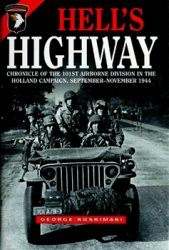There is no diary of a common soldier, nor even a fictionalized account of his mind world. But by piecing together material from a wide range of sources, and in particular by using the soldiers’ voices left in stone on grave markers and monuments, it is possible to catch a glimpse of their fears, hopes, and dreams. In a social world that was both quite inflexible and often economically insecure, being a soldier was a good option for a healthy young man, especially if the possibilities at home were not promising. He had to sign away some important elements of civilian freedom and serve his military superiors unquestioningly; there was the disruption of living far from where he had spent his youth; but the pay was regular and the basic needs of life - housing, decent food, comradeship - were all assured in a way very difficult to find in civilian life. A skill could be learned or honed; literacy was a possibility. Should he get into trouble outside the camp, he had an advantage in the civilian legal system, such a peril to ordinary civilians. He was treated sometimes with fear, sometimes with respect, but always he had the feeling he was a special person in society. The army had to become a soldier’s family, but even here there were leniencies that allowed a wife and children even if officially prohibited, and he was free of his father’s power, and free to write his own will. Service was long, and there was no assurance that war, disease, or accident would not end life before he could collect on the benefits of veteran status. But the bet was in general a good one, and many men took it.
|
|
||||||||
|
Www.WorldHistory.Biz
Sundries
 Contact Contact
|
 
24-03-2015, 18:31
Conclusion
  |
|||||||
 |
 |
 |
 |
|||||
|
||||||||

 World History
World History





